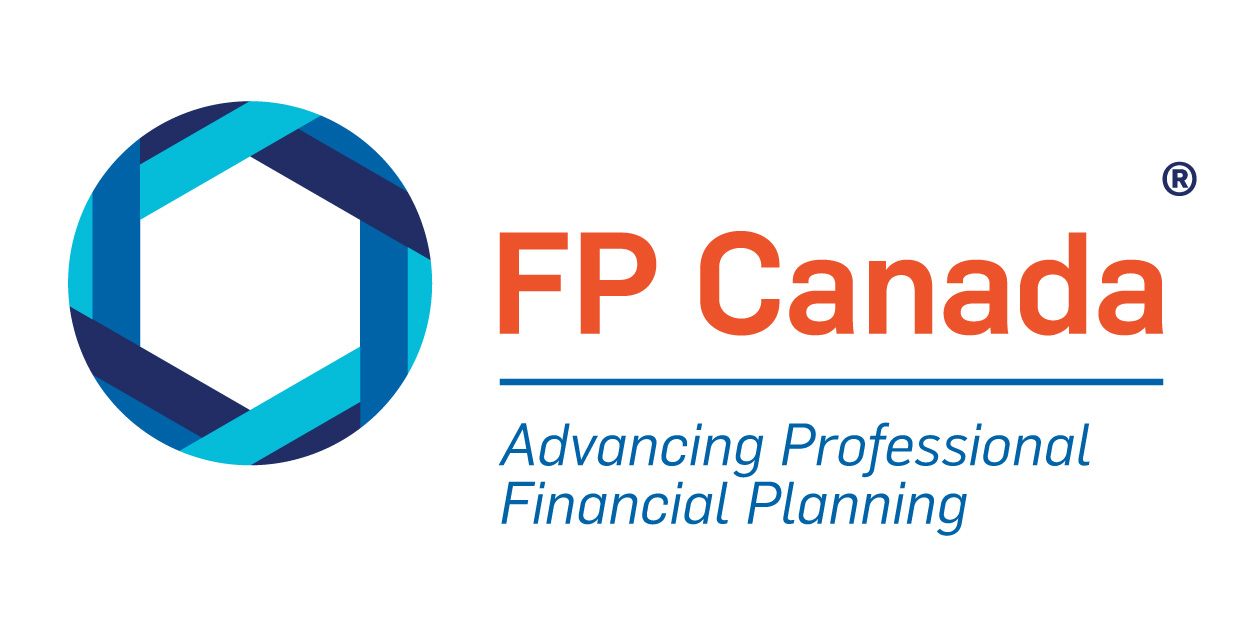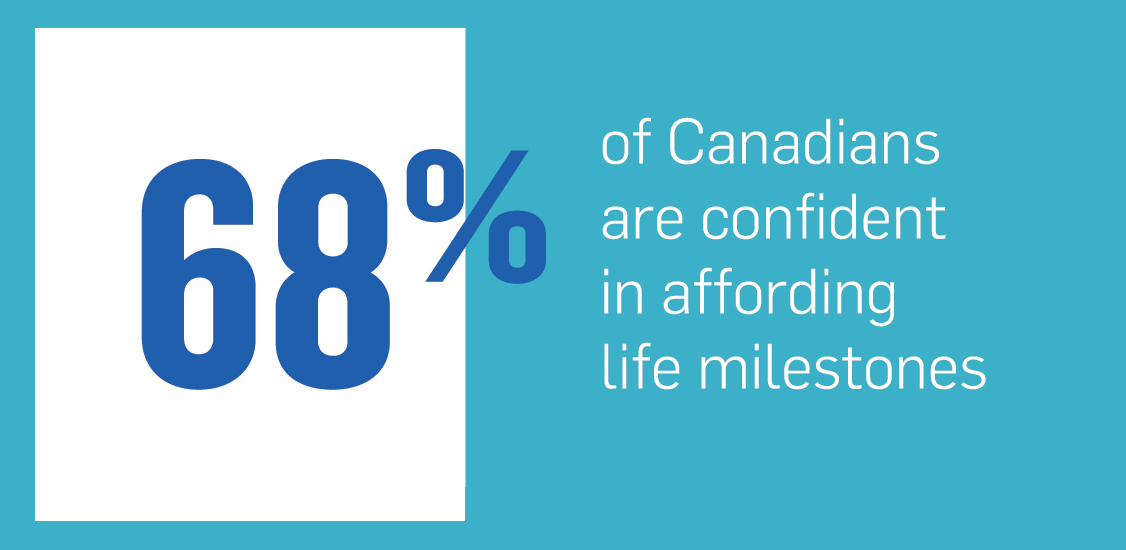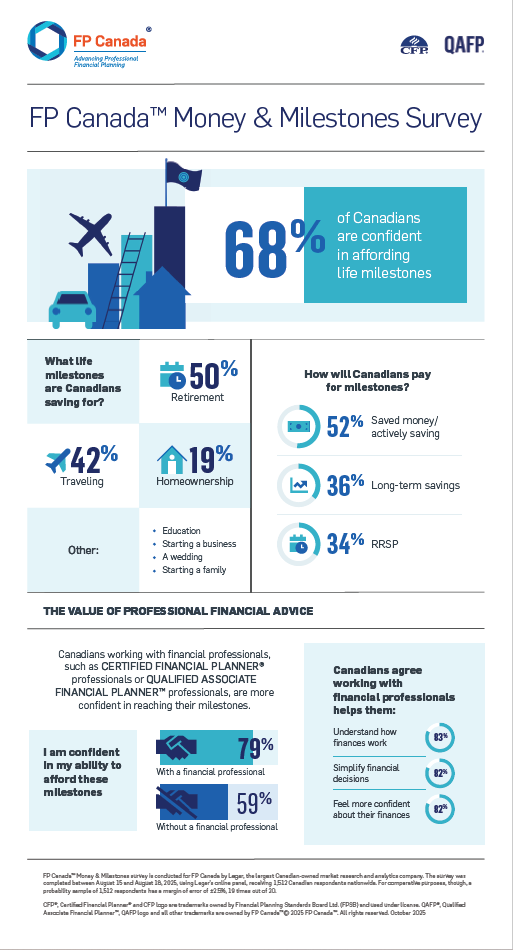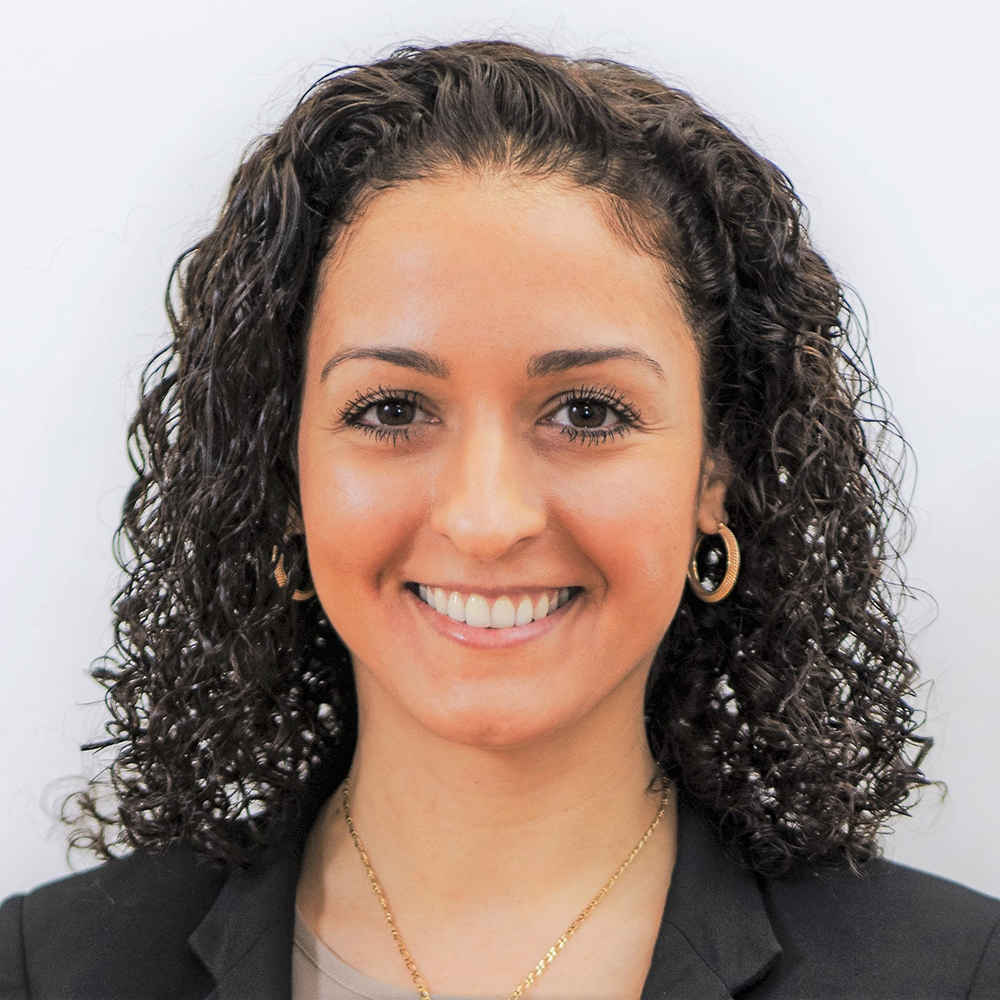No matter how prepared we think we are, life has a way of surprising us. All too often, unexpected events leave us searching for money to cover costs outside of our regular budgets. That’s where emergency funds come in.
An emergency fund consists of money that has been set aside for unexpected financial expenses. It acts as a safety net that can be quickly accessed for situations such as job loss, medical bills, or urgent home and car repair. Here’s what you should know.
The Benefits of Having an Emergency Fund
An emergency fund provides several important benefits—and one of the most significant is increased financial stability. Having cash that’s readily available can help you avoid financial disruption during unexpected (and costly) life events. By drawing on your emergency fund, you can avoid withdrawing from retirement savings, selling investments at an unfavorable time (such as during a market downturn), or relying on high-interest debt.
The latter is important if you want to achieve your long-term financial goals without taking on costly loans to cover surprise expenses. An emergency fund provides cash when you need it most and can serve as an alternative to dipping into other savings accounts or going into debt. It can instill you with confidence that you can handle unexpected financial challenges.
Emergency Funds Can Contribute to Psychological Well-Being
Financial stress can take a toll on your mental health. In fact, 38% of Canadians say it has contributed to anxiety, depression, or a mental health issue.
Having an emergency fund provides reassurance that you can manage an unexpected expense, whether it’s covering rent after job loss or paying for a furnace repair in the middle of winter. It acts as a financial cushion that can significantly reduce anxiety, which can improve your overall mental well-being.
Tips for Building Your Fund
Building an emergency fund isn’t always easy. Fortunately, by implementing a few simple tips, you can begin to progress toward setting aside an appropriate sum.
Determine your Target Amount - A common guideline is to save 3-6 months’ worth of expenses. To determine the right amount for you, review your average monthly costs—such as housing, utilities, groceries, transportation, healthcare, and debt payments—to get a realistic picture of how much you would need in case of an unexpected setback.
Start Small - Save what you can consistently, even if it’s a small amount, until you get to your goal amount. Avoid stretching yourself so thin that you need debt to get by. Over time, steady contributions will add up.
Keep it Safe and Accessible - Place your emergency fund in low-risk, easily accessible accounts such as a high-interest savings account or short-term redeemable GIC, which will allow you to access the funds before maturity (the date on which you must renew your investment, or it will cease to exist). The goal is stability and easy access, not chasing high returns.
Resist Temptation - Competing financial priorities can make it tempting to use savings for non-urgent needs. It’s important that funds are kept separate and that you resist dipping into them unless it’s truly an emergency. Frequently accessing your emergency fund means you’re constantly replenishing rather than building.
Help is Always Available
A Certified Financial Planner® professional or Qualified Associate Financial Planner™ professional can provide guidance, answer your questions, and help you take the first steps toward building an emergency fund and strengthening your overall financial security. To get started, visit the Find Your Financial Planner tool.
Stephanie Douglas is a CFP® professional at Harris Douglas Asset Management Inc.

 Find Your Financial Planner
Find Your Financial Planner






